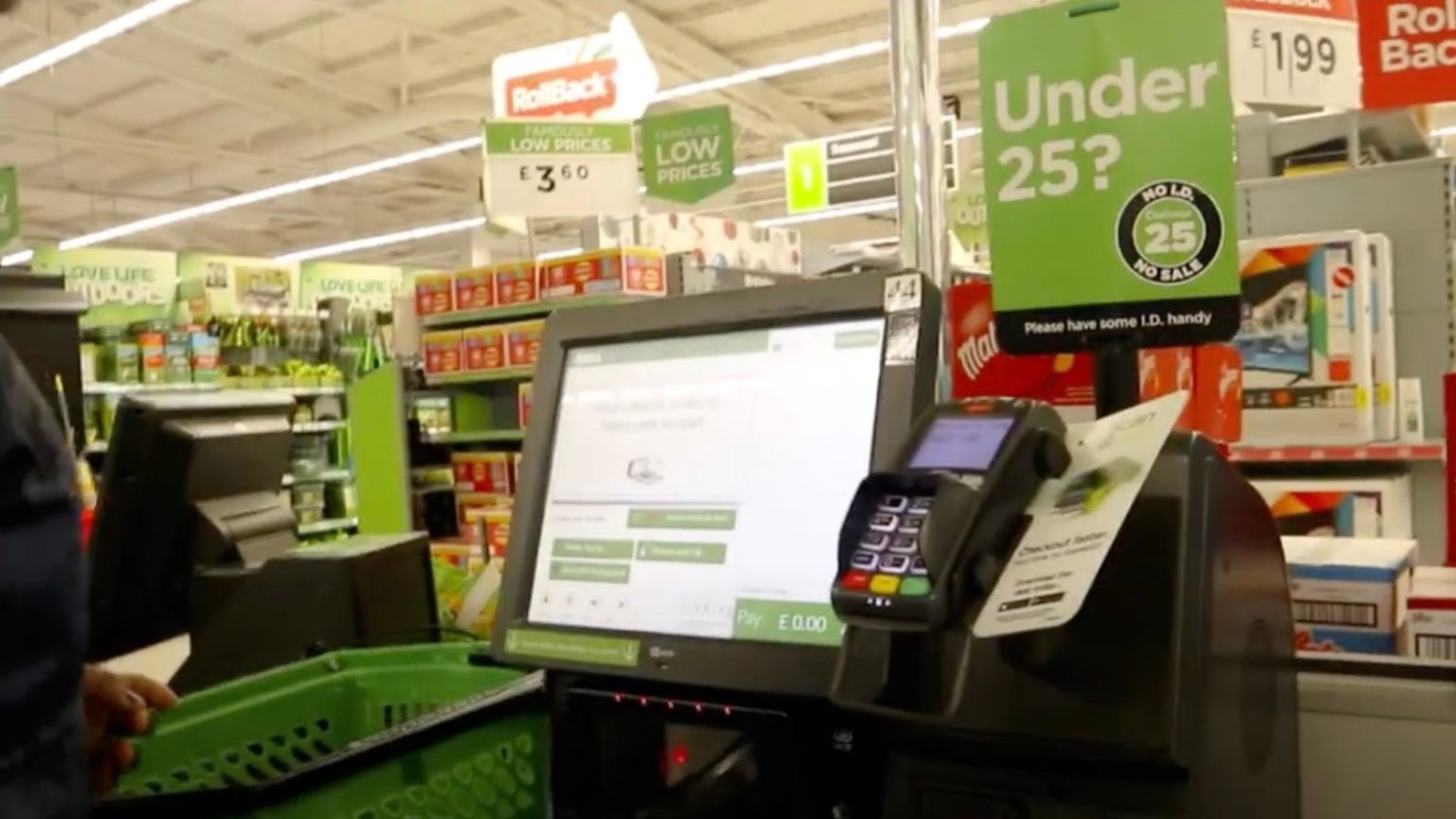A damning exposé leaked to The Observer has revealed the clandestine ambitions of the UK Home Office: to pressure the Information Commissioner’s Office (ICO) into broadening the application of facial recognition technology throughout main-street businesses. This sinister proposal was born in a covert meeting among policing minister Chris Philp, high-ranking Home Office officials, and Facewatch – a private firm notorious for its facial recognition cameras, which have incited public outrage following their deployment in shops.
The leaked minutes from this secret assembly unveil the chilling fact that the Home Office is choosing to dismiss serious concerns over the technology’s infringement on civil liberties and its inherent bias. Instead, they appear hell-bent on peddling the purported benefits of facial recognition in tackling “retail crime,” The Guardian reported.
Big Brother Watch’s Mark Johnson, rightfully disturbed by this insidious power play, echoed the sentiments of freedom-loving individuals everywhere, expressing his grave concerns about this Orwellian invasion of privacy and the detrimental implications for civil liberties:
“Minutes of the closed-door meeting between Chris Philp and surveillance tech firm Facewatch make for uncomfortable reading. The Home Office must urgently answer questions about this meeting, which appears to have led officials to lean on the ICO in order to favour a firm that sells highly invasive facial recognition technology.
“Live facial recognition is an authoritarian mass surveillance tool that turns the public into walking ID cards. When used in retail settings, these face-scanning systems work by adding customers to secret watchlists with no due process, meaning people can be blacklisted and denied the opportunity to enter shops despite being entirely innocent. This may sound like something from an episode of Black Mirror but it is happening in Britain today.
“Government Ministers should strive to protect human rights, not cosy up to private companies whose products pose serious threats to civil liberties in the UK. The UK should seek to emulate the European AI Act which would place a ban on the use of facial recognition for surveillance purposes in all public spaces.”
The clandestine meeting involving Philp, Simon Gordon (the founder of Facewatch), and others, was clearly agenda-driven – focusing solely on promoting the benefits of privately owned facial recognition technology in mitigating the growing problem of retail crime.
A worrying action point following the meeting was to craft a letter to the ICO, justifying the invasion of privacy by pointing to the impact of retail crime. This troubling endeavor was paired with a proposition for a speech underscoring the so-called “merits” of facial recognition technology, a matter Philp is set to consider.
Philp’s alleged remarks in these confidential minutes, claiming that the ICO is not vulnerable to external influences, seem to suggest that any attempts to alter its position on Facewatch’s technology might be in vain.
While freedom advocates worldwide are pushing back against the encroaching menace of facial recognition technology, UK’s domestic laws seem to be teetering on the edge of eradicating the government-appointed surveillance camera commissioner’s role, along with the need for a surveillance camera code of conduct.
Supporters of biometric surveillance technology (apparently oblivious to its dystopian implications) argue it’s the answer to the escalating problem of retail crime, with the UK witnessing an alarming doubling of shop thefts over the past six years, culminating in a staggering 8 million incidents in 2022.
The contentious usage of Facewatch has stirred the pot even further. Facewatch’s founder, Simon Gordon, insists their controversial technology has empowered businesses to drastically reduce crime and enhance safety standards.
In parallel, the boys in blue in South Wales and London have been busy deploying facial recognition software during large-scale events. In 2020, the Met made the questionable assertion that their tech harbors no significant bias in terms of race and gender, claiming the odds of a false match are a mere 1 in 6,000 people within the camera’s range.
When grilled about their backing for Facewatch, a Home Office spokesperson naively maintained that such technological “innovations” aid in shielding businesses from crime and violence, and supposedly create safer environments for workers and customers.













